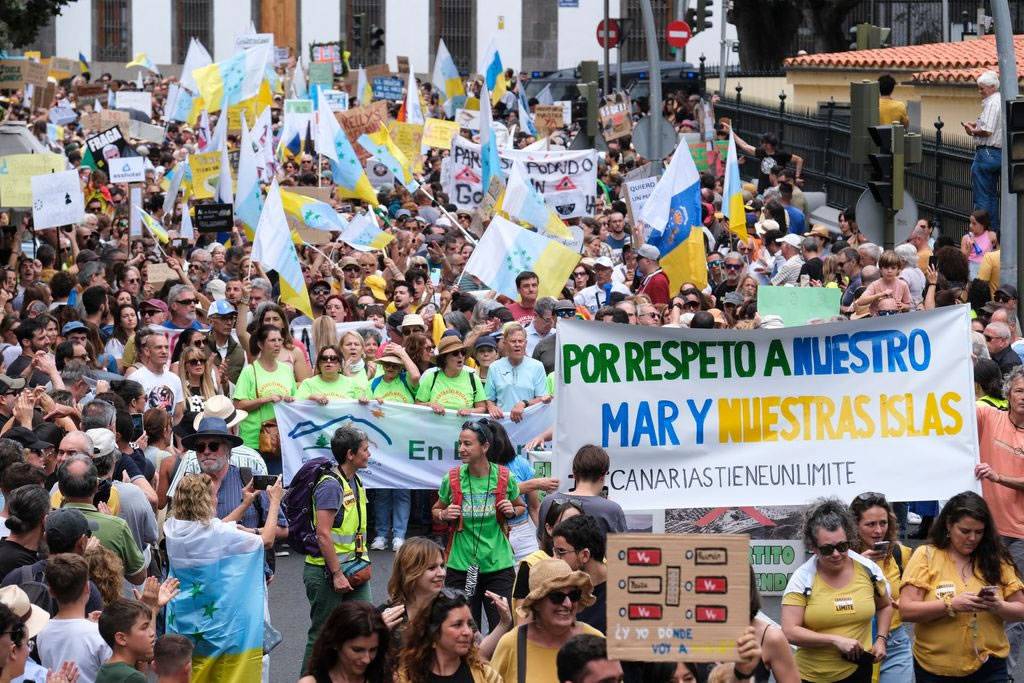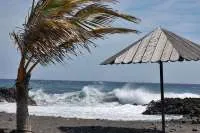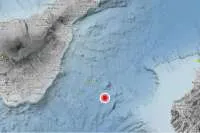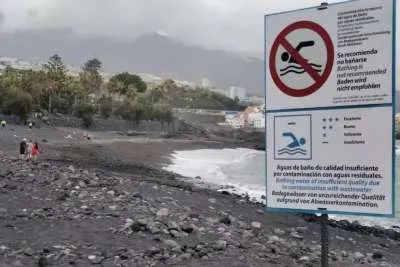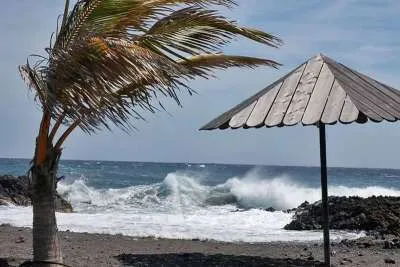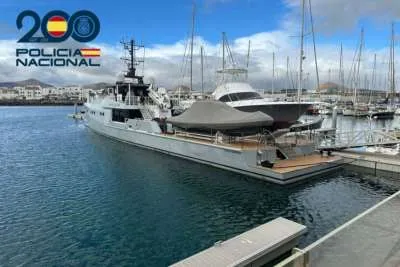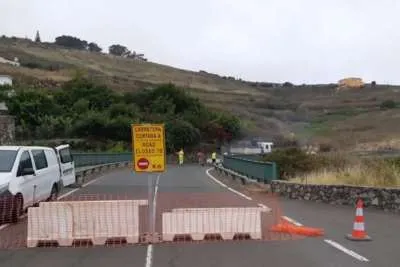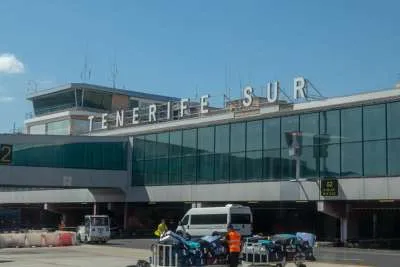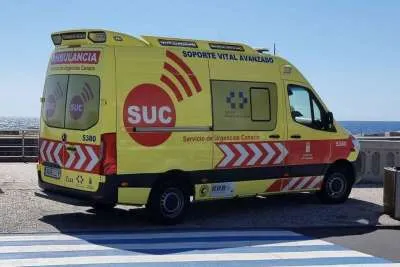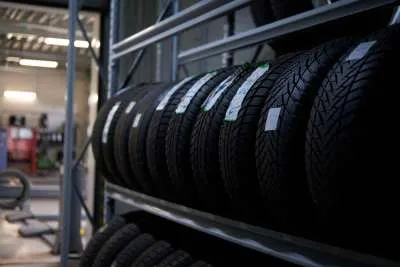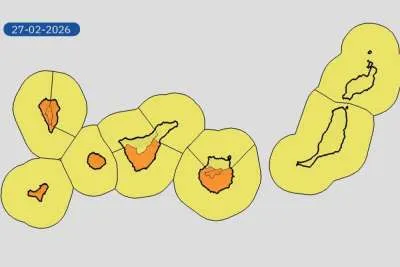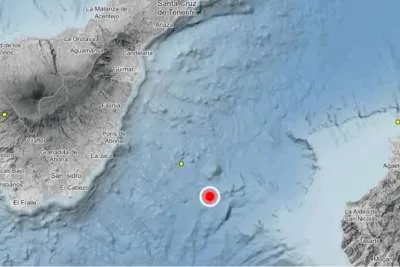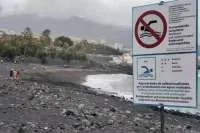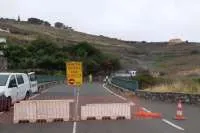New anti-mass tourism protests to take place on the streets of tourist areas on October 20th
- 27-09-2024
- National
- Canarian Weekly
- Photo Credit: Stock image
Following the large turnout in April, citizens in the Canary Islands are gearing up for a new demonstration to demand a change in the region’s economic and tourism models. This time, the protest will take place on the streets of key tourist areas on October 20th, coinciding with World Tourism Day.
Organisers hope to raise awareness among both locals and visitors about the negative impacts of the current model, which they say prioritises mass tourism at the expense of the environment and the quality of life for residents.
Shift to Tourist Zones
Protest locations have been confirmed in several key areas: the Metropolis Commercial Centre in Playa Las Americas, Tenerife; Maspalomas in Gran Canaria; and Corralejo in Fuerteventura.
Organisers have purposely selected these tourist hubs to highlight the social challenges associated with tourism, such as precarious working conditions, environmental degradation, and unchecked construction. Ana, a spokesperson from the Abeque collective, emphasised the need for tourists to understand how their visits affect the islands.
Concerns Over Government Inaction
The demonstration will take place as the Canary Islands government is expected to announce the findings of five working groups formed to explore alternatives to the current economic model.
However, protest leaders remain sceptical, citing a lack of inclusion in these discussions. According to Jaime Coello Bravo, director of the Telesforo Bravo Canary Foundation, the government has not engaged with them since the first protest on April 20th, instead using vague terms like "reinterpretation" and "sustainable tourism" to delay real change.
Coello believes the situation demands immediate action to address the environmental and social challenges posed by the current model.
Legacy of the Franco Era
Eustaquio Villalba Moreno, a spokesperson for the environmental group Atan, linked the islands' economic model to policies established in the Franco era, particularly under former Minister Fraga Iribarne.
He argued that the success of tourism has long been measured by the number of visitors, with little regard for the long-term damage to the islands' environment and society. Villalba stressed the need for an updated model that balances economic growth with environmental sustainability, a challenge that extends beyond the Canary Islands to other global tourist destinations.
Cuna del Alma Controversy
The protest also highlights specific issues, such as the controversial Cuna del Alma project in Tenerife. According to Alfonso Boullon, spokesperson for the Salvar La Tejita group, the project has flouted environmental regulations and improperly transplanted protected species without proper permits. He claims the government has failed to act, leaving the matter to local authorities in Adeje.
A Growing Movement
The April 20th protest spurred the formation of two movements, Canarias Palante and Canarias Se Exhausta, which continue to call for greater government transparency and involvement in shaping the islands' future.
Vanesa Duque, a member of the Assembly in Defence of Our Land, stressed the importance of citizen participation in the upcoming demonstration, noting that "the power of the people is strong" and urging officials to take their concerns seriously.
As the October 20th rally approaches, it is clear that the debate over the Canary Islands' economic future is far from settled. Protesters vow to keep taking to the streets until their voices are heard, pushing for a more sustainable and socially just model for the region.
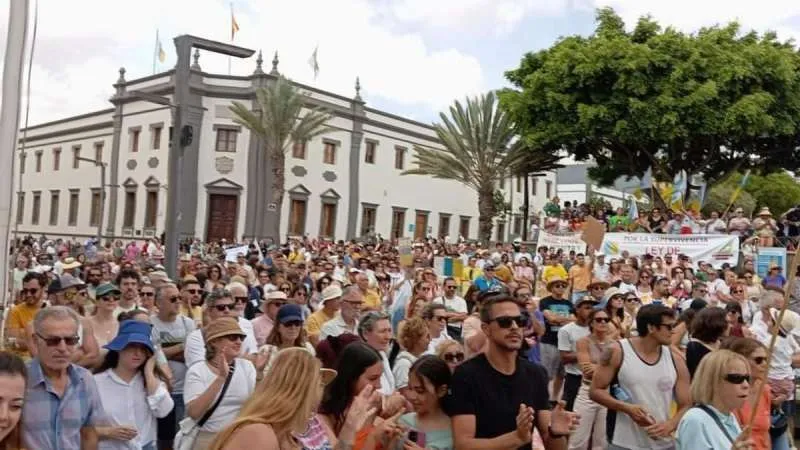
Other articles that may interest you...
Trending
Most Read Articles
Featured Videos
TributoFest: Michael Buble promo 14.02.2026
- 30-01-2026
TEAs 2025 Highlights
- 17-11-2025


